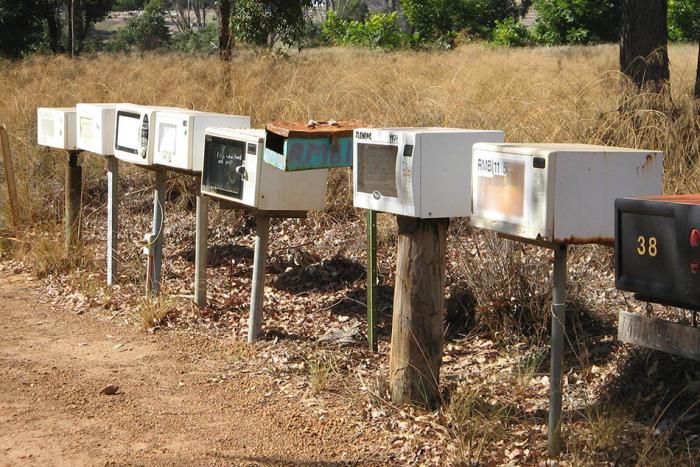Jim Flaherty’s political career, which reached its denouement yesterday afternoon after the federal finance minister announced his resignation, is a testimony to what’s possible if you just stick around long enough.
Flaherty, after all, hadn’t had a dazzling political career up until 2006 or so. Sure, he’d served as a cabinet minister under former Ontario premier Mike Harris, and run to be the provincial Progressive Conservative leader in both 2002 and 2004 (losing both times, to Ernie Eves and John Tory, respectively). But the summit always seemed to be just beyond his reach—though it could be entertainingly horrifying when he tried, like the time he proposed solving homelessness by making it illegal.
Had his political ambitions ended there, he’d no doubt be a handsomely compensated lawyer or investment partner somewhere. But the timing of the 2006 federal election put brand new prime minister Stephen Harper in a tough spot: he needed someone who could write and present a budget in a few months, and Jim Flaherty—who resigned his Ontario seat to run federally—was the only guy in caucus who’d ever done that before (provincially, but still).
So Finance Minister Jim Flaherty it was, then. And, from 30,000 feet, Flaherty’s work speaks pretty well for itself. Canada’s books aren’t in bad shape, certainly not by any international comparison. And even Justin Trudeau’s argument that the Feds have fiscal room to help out provinces and municipalities is itself a backhanded compliment toward the work of Flaherty and the civil service beneath him. After all, as much as we’d wish Ottawa would help out, it would be far worse to have a national government that was incapable of doing so.
But it’s hard to come to grips with the fact that Flaherty has managed to build a legacy of competence by doing almost everything wrong along the way.
The first thing the Conservatives did after taking office, you’ll remember, was commit a massive act of fiscal self-harm by cutting the GST. The move was popular but incredibly damaging, and Ottawa would plausibly already be out of its deficit by now if it hadn’t been for that.
Faced with the largest financial crisis in global history, Flaherty can rightly claim to have not made things worse, but seems to have shovelled nearly $50 billion out the door in a stimulus package that may not have, uh, stimulated much of anything. The sudden rush to spend money caught everyone by surprise, but the fact that the Tories said loud and clear that the stimulus spending would be the shortest of short-term plans meant that we got a lot of renovated hockey arenas and some bridge work done, but didn’t really address the country’s crumbling infrastructure. That, of course, would take a serious, years-long commitment from Ottawa, and that’s not how we do things anymore.
Not to mention that, as the country comes out of the recession, Flaherty has seemed to take some perverse joy in finding trivial savings anywhere that good science was being done, such as the Experimental Lake Area, which was costing Ottawa a whopping $2 million a year.
Maybe it’s unfair to crap all over Flaherty’s entire career as he heads for the exit, but the pattern really is hard to avoid: the Conservatives kept being given the opportunity to make the right choice, and with a few notable exception (Flaherty’s move on income trusts being one), they opted for the wrong ones. Yet here we are, with a finance minister being lauded for having not steered the ship of state into the iceberg during his shift. No matter how hard he tried.






